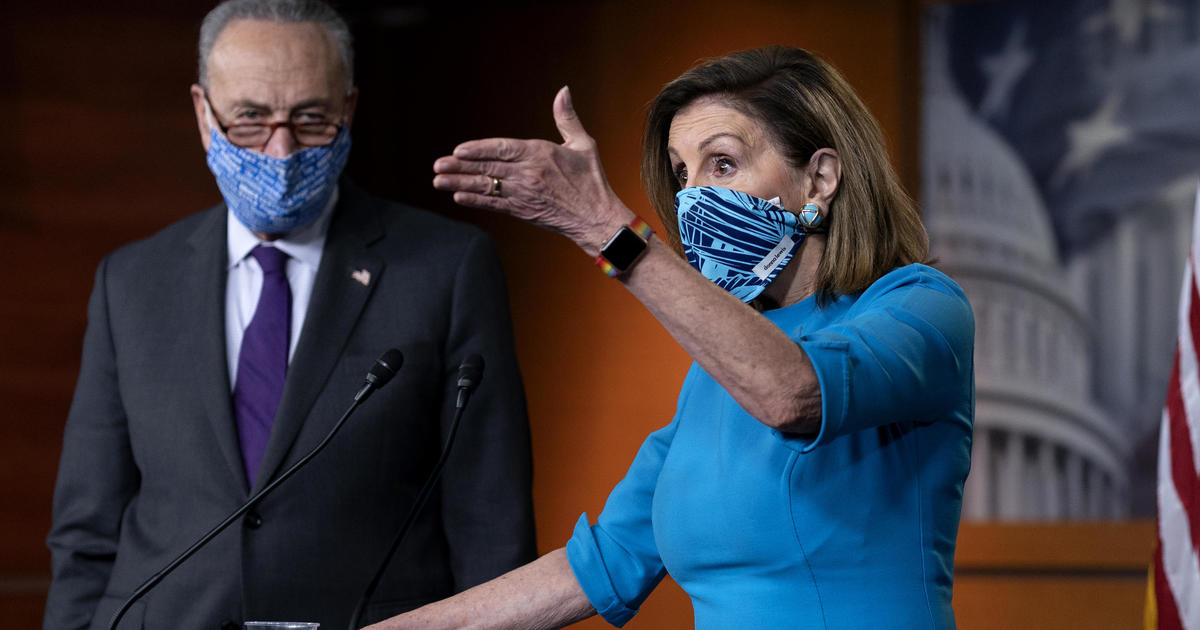Treasury Secretary Steven Mnuchin said in a statement posted to Twitter on Tuesday that he had spoken to Speaker Nancy Pelosi this evening and made a $916 billion offer for a coronavirus relief bill, slightly more than the package brought forward by a bipartisan group of lawmakers last week.
Congress remains deadlocked over the inclusion of provisions on state and local funding sought by Democrats and the liability protections McConnell has prioritized. Mnuchin said that the offer included funding for state and local governments as well as liability protections.
“As part of this proposal, we will fund it using $140 billion from the Paycheck Protection Program and $429 billion in Treasury funds,” Mnuchin said, adding that he had spoken with the president, McConnell and House Minority Leader Kevin McCarthy about the proposal. However, he did not say that President Trump would be willing to sign a bill based on this offer.
Congressional Democrats earlier on Tuesday quickly rejected Senate Majority Leader Mitch McConnell’s offer on a coronavirus relief bill, after he suggested that the most controversial items be left out of the next proposal and picked up for continuing negotiations next year.
In a press conference on Tuesday, the majority leader floated the idea of dropping negotiations on these issues and passing a smaller bill.
“We cannot leave without a COVID package,” McConnell said. “I have a suggestion to make, which is that the two most contentious items be set aside.”
But Democrats swiftly dismissed McConnell’s pitch, arguing that he was undermining ongoing negotiations. A bipartisan group of lawmakers are working to finalize language for a $908 billion relief package, which also would include provisions on state and local aid and on liability shields.
“State and local funding is bipartisan, unlike the extreme corporate liability proposal Leader McConnell made, which has no Democratic support,” Schumer told reporters on Tuesday, adding that McConnell was trying to “pull the rug out from beneath” the bipartisan group of negotiators.
In a statement later on Tuesday, Pelosi called McConnell’s remarks “appalling.” Schumer and Pelosi have said that the bipartisan framework should be the basis for ongoing negotiations.
“Leader McConnell’s efforts to undermine good-faith, bipartisan negotiations are appalling,” Pelosi said, noting that vaccine distribution would be administered by state and local governments. “The bipartisan negotiations involving Senators and Members of the House have made good progress and must be allowed to proceed without Leader McConnell’s obstruction.”
Mnuchin spoke with Pelosi just moments after her statement on McConnell’s comments was released to the press.
The window is closing for Congress to pass a package, as several relief policies and programs are expiring by the end of the year. Congress must also vote to continue government funding, and members of both houses have expressed hope that this be accomplished through an omnibus spending bill for the year, rather than a short-term continuing resolution that would only extend spending at current levels.
